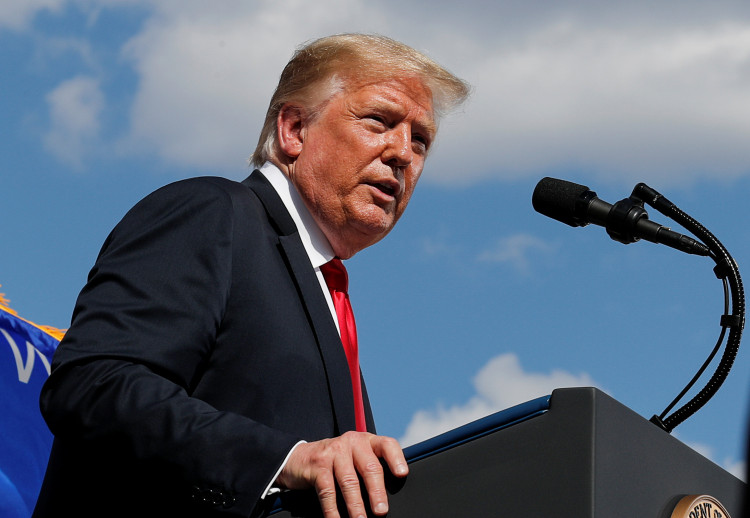In the lead-up to former U.S. President Donald Trump's trial over his handling of classified documents, the presiding judge, U.S. District Judge Aileen Cannon, is under scrutiny for two key errors made in a previous trial. Legal experts and a court transcript suggest that these errors could have invalidated the proceedings.
Judge Cannon, a Florida-based former federal prosecutor appointed by Trump in 2020, closed jury selection for a separate trial to the defendant's family and the general public, violating the defendant's right to a public trial as enshrined in the U.S. Constitution's Sixth Amendment. She also failed to swear in the prospective jury pool, an obligatory procedure that led to a restart of jury selection.
The decision to close the courtroom has been recognized by the U.S. Supreme Court as a "structural error" - a mistake so significant that it can invalidate a criminal trial. It also implicates First Amendment rights of freedom of assembly, speech, and press. These errors raise questions about how Judge Cannon will handle the intense public interest at Trump's trial, scheduled for May 20, 2024.
The trial, the first time that Cannon will handle a case involving classified evidence, is expected to bring enormous public scrutiny. The unprecedented prosecution of a former president, especially as he campaigns for a return to the White House, promises to be a high-stakes affair.
Cannon's trial errors also highlight her judicial inexperience, according to five former federal judges. "A lack of experience can be really hard in a big case, especially when there's all this media attention and everything you do is being watched and commented on and second-guessed," said Jeremy Fogel, a former federal judge who leads the Berkeley Judicial Institute in California.
Cannon's upcoming trial will present a new level of complexity. Trump faces 40 criminal counts of retaining classified records, obstruction of justice, conspiracy, and concealment. This trial will be the first of three separate trials on federal and state criminal charges.
The errors in the previous trial and the potential implications for the upcoming trial underscore the importance of judicial experience and the challenges of handling high-profile cases. As the trial date approaches, all eyes will be on Judge Cannon and how she navigates the complexities of this unprecedented case.






